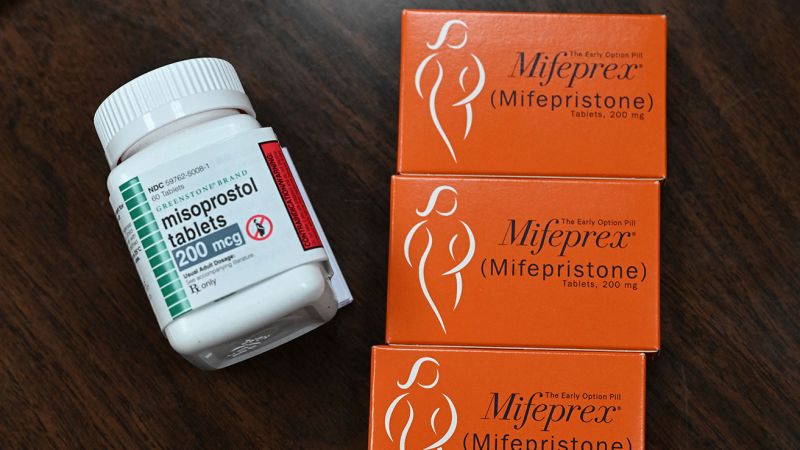Louisiana lawmakers recently passed a bill that would classify two abortion-inducing drugs, misoprostol and mifepristone, as Schedule IV controlled dangerous substances in the state. This would place them in the same category as highly regulated drugs like narcotics and depressants. The bill received final approval from the state Senate with a vote of 29-7, following earlier approval from the state House. The next step is for Republican Governor Jeff Landry to sign it into law, which is expected to happen.
The classification of these abortion-inducing drugs as Schedule IV controlled substances has generated controversy and debate among lawmakers and advocates on both sides of the abortion issue. Supporters of the bill argue that it is necessary to regulate these drugs due to potential risks to women’s health. They believe that placing them in the same category as other controlled substances will help protect women from potential harm. Critics, however, see this move as an attempt to restrict access to abortion in the state, making it more difficult for women to obtain the medical care they need.
The passage of this bill comes amid a broader national debate over abortion rights and access to reproductive healthcare. Many states have recently passed or proposed legislation aimed at restricting abortion, with some even seeking to overturn the landmark Supreme Court decision in Roe v. Wade. Louisiana’s decision to classify these abortion-inducing drugs as controlled substances reflects a larger trend of states taking action to limit access to abortion services.
Governor Jeff Landry is expected to sign the bill into law, which would make Louisiana one of the few states to classify abortion-inducing drugs in this way. The impact of this legislation on women’s access to reproductive healthcare remains to be seen, but it is likely to have significant implications for women seeking abortion services in the state. Proponents of the bill hope that it will lead to increased regulations and safeguards for women’s health, while opponents fear that it will only serve to further restrict access to abortion in Louisiana.
As this is a developing story, it is important to continue monitoring updates and developments related to this bill in Louisiana. The final decision by Governor Landry will have far-reaching consequences for women’s reproductive rights in the state, and it will be crucial to track how this legislation is implemented and its impact on women’s access to abortion services. The classification of these drugs as controlled substances is just one example of the ongoing battles over abortion rights and access, highlighting the complex and contentious nature of this issue in the United States.


